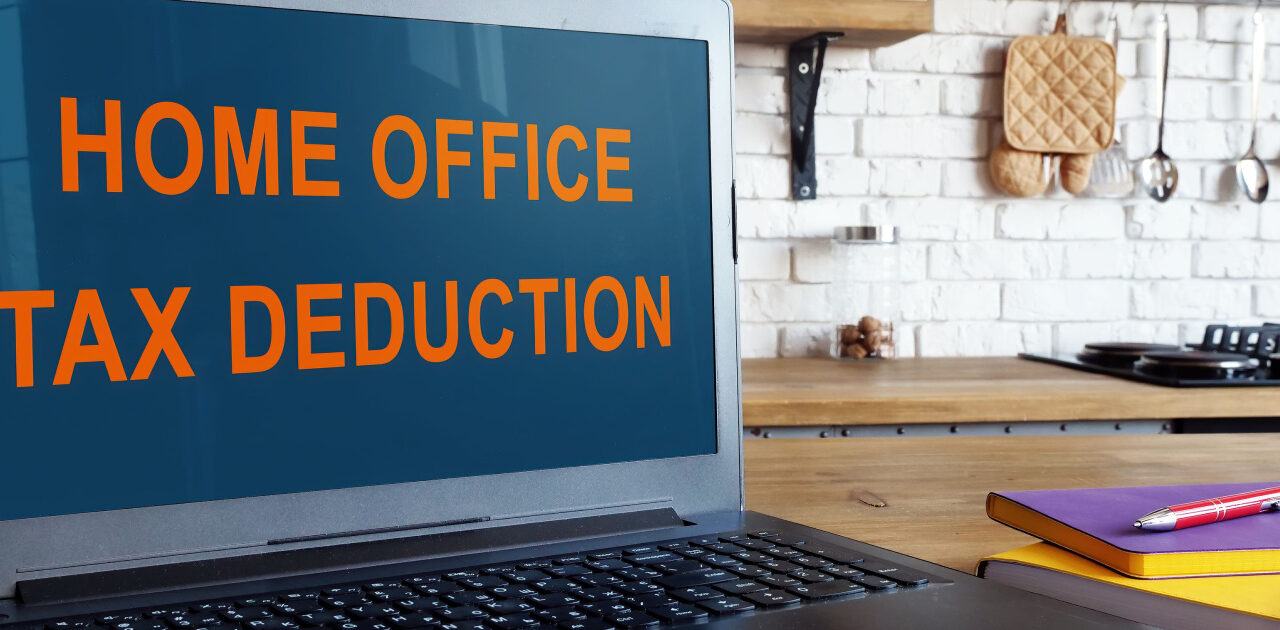
Is Taking a Home Office Deduction Smart?
One of the tax benefits of self-employment is the ability to take advantage of the home office deduction. But there are some limitations and requirements that must be met. In order to determine if taking a home office deduction is smart, let’s look at the pros and cons.
To view the full article please register below:
Is Taking a Home Office Deduction Smart?
With remote working now widely-accepted—and, in fact, historically considered a return to our roots—one of the tax benefits of self-employment is the ability to take advantage of the home office deduction. But there are some limitations. To qualify for a deduction, an individual must satisfy two requirements: 1) the space used in the home must be used exclusively and regularly for business purposes; and 2) it must be the principal place of the business. Per the Tax Cuts and Jobs Act of 2018, the ability for employees who telecommute to take a deduction for home office expenses was eliminated.
Before we explore the benefits and disadvantages of taking this deduction, it’s important to note that the expenses cannot create a loss for a business (i.e., the deduction can only be taken if the business shows a profit after subtracting the deduction amount).
Pros of a Home Office Deduction
- Home expenses that are normally not tax deductible, such as utilities, may be partially deductible from ordinary income.
- Expenses that may be itemized deductions on a personal tax return can partially be used as home office expenses, saving taxes in a situation where a taxpayer’s itemized deductions may be limited because of adjusted gross income thresholds.
- The portion of a home that serves as an office can be a depreciation expense, potentially lowering current income taxes.
Cons of a Home Office Deduction
- The calculation of the appropriate amount allowed as a deduction can be complex and time-consuming.
- Taking the deduction has significant tax consequences when a taxpayer sells his or her primary home. When a taxpayer sells a primary residence on which the deductions have been taken, the portion of the residence that was used as a home office is excluded from capital gains exclusion afforded the sale of a primary residence ($250,000 single, $500,000 married, filing jointly). The portion of the gain attributable to the home office use would be subject to capital gains taxes, which may result in a tax bill higher than any savings the homeowner may have seen from the home office deduction, depending on the size of the capital gain.
This so-called home office trap can be avoided by not taking the deduction or by using the simplified method for calculating a deduction, which allows a taxpayer to deduct $5/square foot, up to 300 square feet.
Individuals contemplating taking a home office tax deduction are advised to talk with their tax advisor, who can guide them through this very complicated and important tax decision
Please reference disclosures: https://blog.americanportfolios.com/disclosures/












